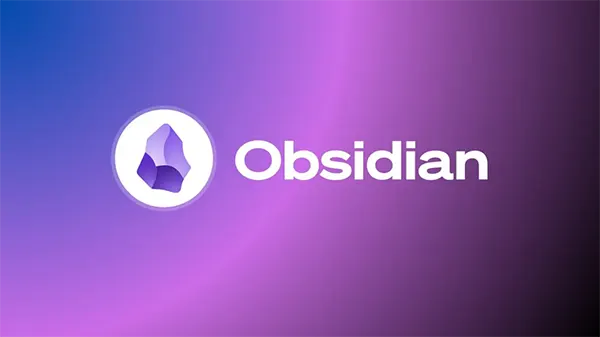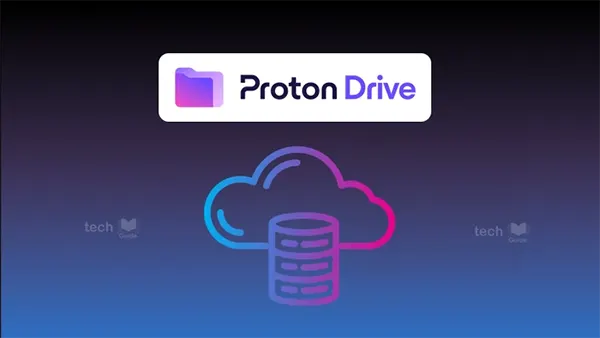How Mobile Apps Are Changing the Way We Work

In today’s rapidly evolving digital landscape, mobile applications have become an integral part of how we approach our daily tasks, transforming the workplace in ways that were unimaginable just a decade ago. The convenience, accessibility, and innovative capabilities of mobile apps are revolutionising the way businesses operate, from enhancing productivity to enabling remote work and streamlining communication. In this article, we will explore how mobile apps are fundamentally changing the nature of work, providing businesses and employees alike with unprecedented flexibility and efficiency.
The Rise of Mobile Apps in the Workplace
The adoption of mobile applications in the workplace has surged in recent years, driven by the need for greater agility and the ability to stay connected in an increasingly mobile world. Mobile apps offer employees the flexibility to work from anywhere, at any time, which has become especially crucial in the wake of the COVID-19 pandemic. Whether it’s through project management tools, communication platforms, or time-tracking apps, the ability to access work-related information on-the-go has empowered employees to manage their tasks more efficiently and effectively.
Moreover, businesses are increasingly recognising the value of mobile apps in fostering collaboration and improving workflow. Applications such as Slack, Microsoft Teams, and Asana have become indispensable tools for teams, allowing them to stay in sync, share information in real-time, and keep track of project milestones. This has not only improved productivity but also enabled a more dynamic and responsive work environment, where decisions can be made quickly and efficiently.
Enhancing Productivity Through Automation and Integration
Mobile apps are also playing a critical role in enhancing workplace productivity through automation and integration. Many of these apps are designed to integrate seamlessly with existing business systems, automating routine tasks and reducing the burden of manual processes. For example, mobile CRM (Customer Relationship Management) apps allow sales teams to update client information, track leads, and generate reports directly from their smartphones, eliminating the need for time-consuming data entry tasks.
In addition, mobile apps can be customised to suit specific business needs, providing tailored solutions that address unique challenges. This level of personalisation is key to optimising workflows and ensuring that employees have access to the tools they need to perform their jobs effectively. By leveraging mobile apps, businesses can streamline operations, reduce overhead costs, and ultimately, enhance their competitive edge in the market.
Facilitating Remote Work and Flexible Working Arrangements
One of the most significant impacts of mobile apps on the modern workplace is their role in facilitating remote work and flexible working arrangements. The rise of remote work has been one of the most notable trends in recent years, and mobile apps have been at the forefront of this shift. Tools like Zoom, Trello, and Google Drive have made it possible for teams to collaborate and communicate effectively, regardless of their physical location.
Mobile apps have also enabled businesses to offer more flexible working arrangements, which can lead to increased job satisfaction and retention rates. Employees are no longer tied to their desks; they can now work from home, during their commute, or even while travelling. This flexibility not only helps to balance work-life commitments but also contributes to higher levels of employee engagement and productivity.

Streamlining Communication and Collaboration
Effective communication is the backbone of any successful business, and mobile apps are playing a pivotal role in ensuring that teams stay connected, regardless of where they are. With mobile messaging apps, video conferencing tools, and collaborative platforms, employees can share ideas, provide updates, and collaborate on projects in real-time. This instant communication capability helps to eliminate delays and ensures that everyone is on the same page, which is critical in today’s fast-paced business environment.
Furthermore, mobile apps are breaking down barriers between departments and creating a more integrated and cohesive work environment. By providing a centralised platform for communication, these apps help to foster a culture of transparency and collaboration, where information is easily accessible, and team members can work together more effectively. This not only enhances productivity but also encourages innovation, as employees are able to share their insights and ideas more freely.
Embracing the Mobile-First Approach
As we look to the future, it is clear that mobile apps will continue to play a crucial role in shaping the way we work. The shift towards a mobile-first approach is already underway, with businesses increasingly prioritising the development of mobile-friendly solutions to meet the needs of their workforce. This trend is likely to accelerate as new technologies, such as 5G and artificial intelligence, further enhance the capabilities of mobile apps.
In conclusion, mobile apps are not just a convenience; they are a fundamental part of the modern workplace. By embracing these technologies, businesses can create a more agile, efficient, and responsive work environment that meets the demands of today’s fast-paced world. As we move forward, the ability to adapt and leverage mobile technologies will be key to staying competitive and ensuring long-term success in the ever-evolving landscape of work.




